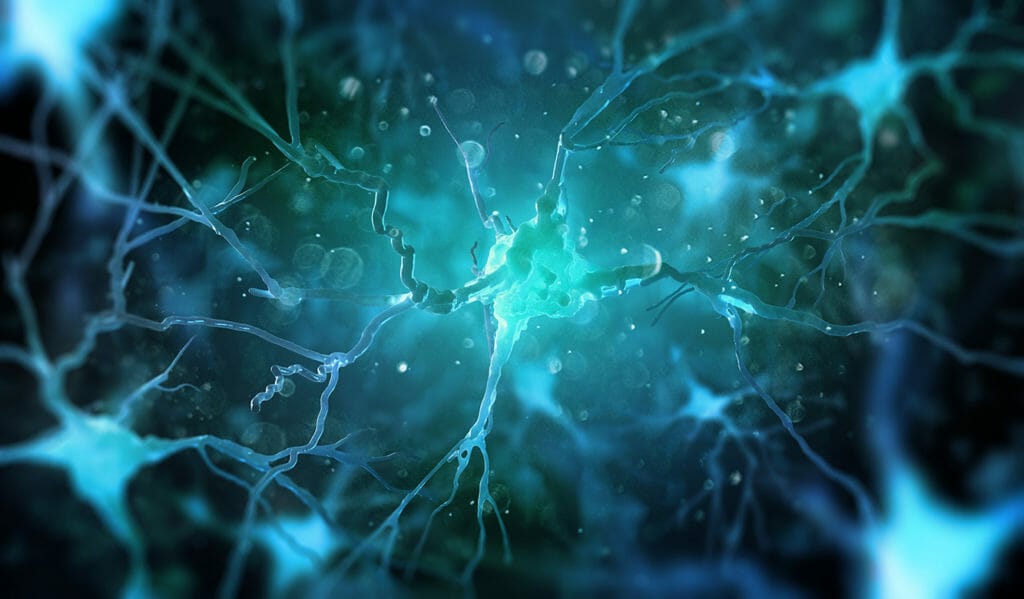In our busy lifestyles it is common for people to complain of low energy, fatigue and lack of motivation. Whether we are active physically or mentally our bodies require vasts amounts of ATP (Adenosine Triphosphate). ATP is the chemical energy that all of our cells use to sustain life and basic functions that keep us healthy. ATP is particularly important for certain organs including the brain, heart and muscles. We use at least half of our body weight worth of ATP every day. That is a lot of ATP! While some of this is regenerated we also make some from scratch. Ultimately the production of ATP comes from the food we eat. So a nutrient rich diet is crucially important for supporting our energy particularly as we age.

ATP is made by mitochondria – the energy power houses of the cell. The process of ATP synthesis is complex and requires a number of steps. About 10% of our body weight is mitochondria emphasising the important role they play in maintaining health and function. These energy power houses exist in dynamic networks and their numbers and size change constantly to meet our energy needs. There is a constant state of turnover. Loss of mitochondria number or quality can impact our health particularly as we age and is one of the key factors involved with age associated cellular decline (AACD).
The good news is that at any age we can influence our mitochondria quality and number. How and what we eat can profoundly influence mitochondrial dynamics. This includes influencing mitochondrial biogenesis – the building of new mitochondria. Mitochondrial biogenesis involves the SIRT1 pathway which is activated by calorie restriction and exercise. In addition certain molecules can also support the pathway such as resveratrol.

The body also has a sophisticated process in removing damaged mitochondria through mitophagy. Mitophagy declines with age which in turn may contribute to age associated cellular decline. Failure to efficiently remove damaged mitochondrial has been shown to impact muscle strength with age for example. Certain nutrients including urolithin A (UA) found in pomegranates and other foods rich in tannins has been shown to increase mitophagy and may be a useful strategy to improve mitochondrial health and function.
Ultimately there are a wide number of nutrients involved in energy production and maintaining the health of our mitochondria. A combination of caloric restriction, exercise, phytonutrients, vitamins and minerals can all be used to support mitochondrial function, energy homeostasis and muscle health. By taking steps through diet, supplementation and lifestyle changes you can have a profound effect on overall energy and cellular health at any age.
Want to Learn More?
For more detailed information about fatigue and how to fight it, join award winning registered nutritional therapist and leading healthy eating expert Christine Bailey MSc MBANT MIFM PGCE on Tuesday 8th June 2021 for her CPD accredited webinar Fighting Fatigue: Nutritional Interventions.

Christine Bailey is a registered Nutritionist, qualified chef and author of over 14 health and recipe books. She runs a health and nutrition consultancy and works with corporates, food and health companies. She is a popular lecturer in health and nutrition and regularly presents at conference and events. She writes for national health, fitness and food magazines and regularly appears on TV and radio.
You can contact Christine here
Instagram @christinembailey
Twitter @AdvNut
LinkedIn Christine Bailey
References
Nisoli E, Carruba MO. Nitric oxide and mitochondrial biogenesis. J Cell Sci. 2006 Jul 15;119(Pt 14):2855-62. doi: 10.1242/jcs.03062. PMID: 16825426.
Romanello et al MITOCHONDRIA QUALITY CONTROL AND MUSCLE MASS MAINTENANCE .
Frontiers in Physiology 6 2016 422 DOI=10.3389/fphys.2015.00422
Ryu, D., Mouchiroud, L., Andreux, P. et al. Urolithin A induces mitophagy and prolongs lifespan in C. elegans and increases muscle function in rodents. Nat Med 22, 879–888 (2016). https://doi.org/10.1038/nm.4132











